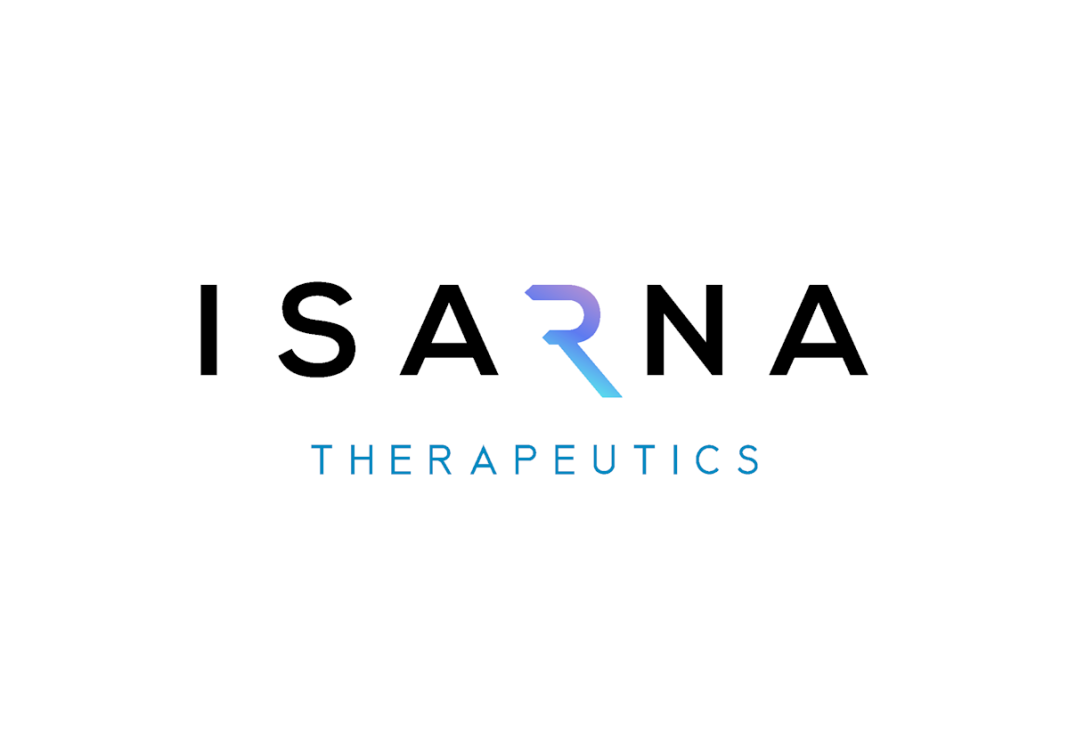A study conducted at Queensland University of Technology in Australia has highlighted differing consumer attitudes toward using large language models (LLMs) like ChatGPT for mental and physical healthcare. Led by Sage Kelly, PhD, the research involved 216 Australian residents aged 18 to 77, who were surveyed on their likelihood of seeking health advice or information from ChatGPT.
Key Findings
Perceived Usefulness Drives Adoption:
The study found that perceived usefulness is a strong predictor of users’ intentions to seek health advice from ChatGPT, regardless of whether it is for mental or physical health. This aligns with previous research indicating that users are more likely to adopt technology they consider useful. The researchers recommend that companies like OpenAI emphasize how AI can reduce barriers such as cost, time, and stigma in healthcare.
Ease of Use Matters for Physical Health, Not Mental Health:
For physical healthcare, ease of use was a significant factor influencing user intention. In contrast, this was not the case for mental healthcare, where users may already perceive text-based interactions as intuitive. The authors suggest maintaining or improving ease of use in healthcare AI by providing clear instructions and responsive support.
Privacy Concerns Are Critical in Mental Health:
Privacy concerns were a strong negative predictor of users’ willingness to use ChatGPT for mental healthcare. Despite similar average privacy concerns across both healthcare contexts, the impact was more pronounced in the mental health domain. The researchers attribute this to the sensitivity of mental health data and its association with stigma.
Context-Specific Variables Affect User Intentions:
The study revealed that the importance of factors such as usefulness, ease of use, and privacy varies between mental and physical healthcare. This indicates that consumer attitudes toward AI cannot be generalized across industries. The authors recommend industry-specific analysis when designing AI solutions.
Recommendations for Future Research:
The researchers call for a broader demographic sample in future studies, noting that the current study primarily focused on Australian residents. They also recommend exploring the intersection of mental and physical health, as many conditions involve both aspects. Understanding how cultural, economic, and healthcare system differences impact AI adoption is another suggested focus.
The findings underscore the need for developers to tailor AI solutions to the specific needs of each healthcare sector, emphasizing usefulness and privacy where most critical. The study also encourages ongoing research to better understand the evolving relationship between healthcare consumers and AI-powered technologies.



